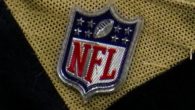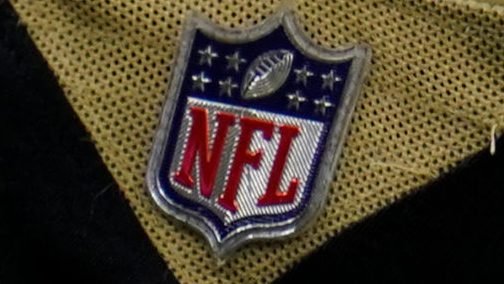On Monday, the NFL forwarded to PFT a document detailing the league’s 2023 efforts to educate players regarding the gambling policy.
As noted in our item, the document seems to engage in a bit of overkill by, among other things, pointing out that player agents “have the opportunity to participate in Gambling Policy education training led by NFL Compliance officials.”
At least three different prominent agents have informed PFT that they have never been invited to participate in training of any kind regarding the gambling policy. Not once. Not ever.
One was asked whether there’s an “opportunity” to do so that agents perhaps haven’t seized upon.
“How do we have the opportunity?” the agent responded. “Just show up at the Eagles facility and say let us in?”
Another agent said that the actual gambling policy has not been given to them by the league, and that the first receipt of it came when the NFL Players Association sent an email to all agents following the five player suspensions announced on the same day in April 2023.
This wrinkle illustrates a concern that some have regarding the league’s past, and present, educational efforts regarding the gambling policy. Like so many workplace rules, the employer’s motivation can be less about ensuring that the player fully understands the rule and more about harvesting an acknowledgement that the player has been given the document.
In many cases, it’s the latter. In many cases, the employer just wants to be able to say, “They’ve acknowledged receipt of the policy.”
As to the gambling policy, is the league really trying to ensure that the players truly understand the requirements of the rule? Or is the league trying to preserve the ability to say, “Don’t blame us; they have the policy; they signed the paperwork acknowledging receipt of it”?
A top-five conspiracy theorist might wonder whether the league likes it this way. That maybe the league wants players who don’t fully understand the nuances of the rule to periodically engage in inadvertent violations of it, so that the league can create the impression that the enforcement procedures are working — thereby deflecting attention from the reality that there are far greater potential threats to the integrity of the game than a player making a fifty-dollar bet on an NBA game from the locker room before an OTA practice. Threats that the NFL can’t detect and rectify quite as easily.
Proof of the violations to date has landed in the NFL’s lap, thanks to the information shared with the league by the sports books with whom bets were placed. For other potential violations (e.g., misuse of inside information, betting on NFL games through associates or family members, participating in privately-run high-stakes fantasy leagues), what’s the NFL truly doing to catch offenders?
Those questions possibly never will be asked if, every few months or so, a player trips and falls over the vaguely explained and hastily communicated ban on using a FanDuel, DraftKings, or BetMGM app on their phone to place a bet on something other than NFL games or NFL events while at work or on the team plane or the team bus or at the team hotel.
These suspensions for violations that have no connection to the true integrity of the game of professional football create the impression that the overall enforcement process is working — and it potentially minimizes attention on whether, at a deeper level, the league lacks the resources and/or the will to truly smoke out violations that would suggest true and actual threats to the integrity of the game.

